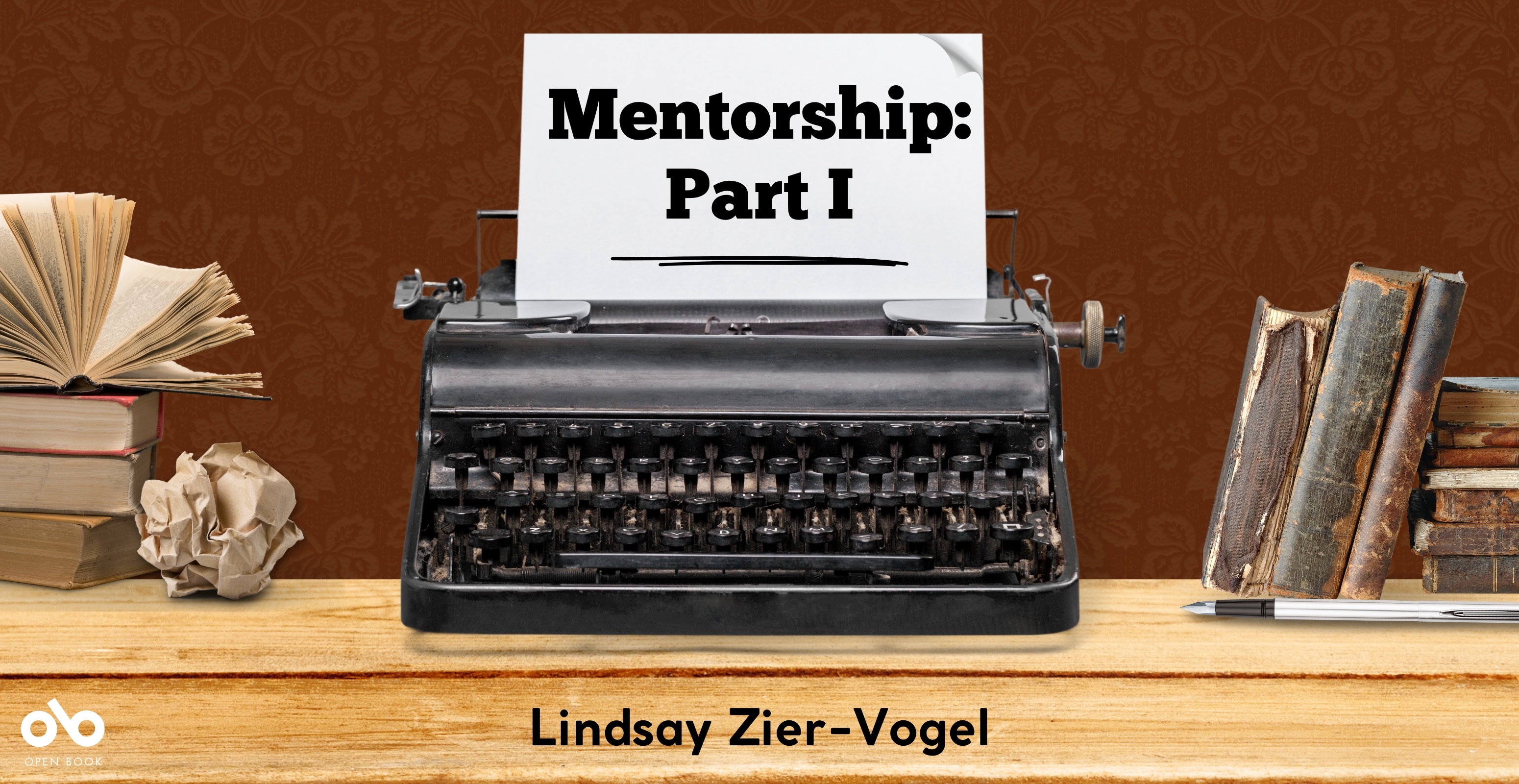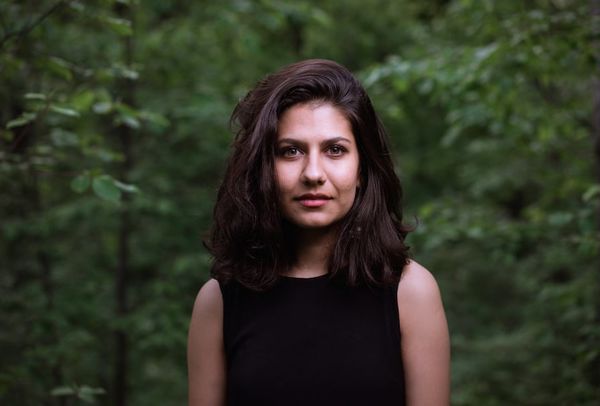Mentorship: Part I
By Lindsay Zier-Vogel
I’m deep in the weeds on a WIP and have been struggling to figure out what it needs, and what I need to get it to where it needs to be. My writing group is amazing, and I’m so grateful to my beta reader for her initial thoughts, but I’ve been thinking more and more about mentorship, and how I could really use a mentor, especially with this nascent project.
I chatted about mentorship with Rudrapriya Rathore, who is the founder and manager of the Flying Books Mentorship Program, a program that has supported 70 writers since its inception in 2019.
“I do believe there are very valuable aspects to working one-on-one with someone who you can trust to be honest in their criticism,” Rudrapriya said about the value of mentorships. “The personalized attention to one’s project and one’s goals allows for a kind of planning and focus that is not only motivating—it can be transformative.”
Transformative is what I’m looking for!
“The most common thing I hear from people who have been through a mentorship is that it changes your perspective,” she added. “An experienced mentor is able to see patterns in your work that you can’t see for yourself, like a repetitive sentence structure or a theme you hadn’t thought about. Getting that outside perspective, especially when it’s accompanied by knowledge about the craft of writing, can shift your own perspective and help you see your work through fresh eyes.
“From there, a new direction in editing or shaping the work can become much more possible. Also, having the kind of informal deadlines that regular meetings provide often helps to structure the time and feed one’s continual progress.”
So, what does Rudrapriya suggest when writers are looking for a mentor?
“I think it’s important to choose when you decide to enter a mentorship carefully. It’s better to have a significant chunk of work done first—maybe a full draft of a story or manuscript. Once you have pages, and once you have an intention to edit or polish them, I suggest looking for a mentor who is aligned with your work in some sense, either in genre, style, voice, or theme.
“This doesn’t mean finding a writer who publishes exactly what you want to publish, but rather a writer you enjoy reading, and someone whose approach is conducive to your method of working.”
I’ve had a few mentors along the way—one from a class I took in undergrad, another through my MA program, another through an external program. Some have been transformative, some less so, so I asked Rudrapriya what she thought successful mentor-mentee relationship looks like.
Your CanLit News
Subscribe to Open Book’s newsletter to get local book events, literary content, writing tips, and more in your inbox
“They’re respectful of each other’s time and energy. They’re professional, kind, and friendly. It’s important to understand that a mentor can only provide feedback, advice and guidance—it’s still you who has to do the work!”
If, like me, this is something you’d like to add to your practice, you can include a mentor to your Canada Council for the Arts’ Research & Creation and Professional Development grant proposal, and Access Copyright Foundation’s Professional Development grants! Make sure you pay your mentor (and use Writer’s Union of Canada rates), and outline what working with them will bring to your process and project.
About Rudrapriya Rathore
Rudrapriya Rathore holds an MA in English and Creative Writing from the University of Toronto and her writing can be found in The Walrus, Brick, Hazlitt, and Quill & Quire, among other publications, as well as in After Realism, a 2022 anthology published by Véhicule Press. In 2021, she was shortlisted for a National Magazine Award in the Essays category. She is the founder and manager of the Flying Books Mentorship Program.
The views expressed by Open Book columnists are those held by the authors and do not necessarily reflect the views of Open Book.
Lindsay Zier-Vogel is an author, arts educator, grant writer, and the creator of the internationally acclaimed Love Lettering Project. After studying contemporary dance, she received her MA in Creative Writing from the University of Toronto. She is the author of the acclaimed debut novel Letters to Amelia and her work has been published widely in Canada and the UK. Dear Street is Lindsay’s first picture book, and is a 2023 Junior Library Guild pick, a 2023 Canadian Children’s Book Centre book of the year, and has been nominated for a Forest of Reading Blue Spruce Award. Since 2001, she has been teaching creative writing workshops in schools and communities, and as the creator of the Love Lettering Project, Lindsay has asked people all over the world to write love letters to their communities and hide them for strangers to find, spreading place-based love.





